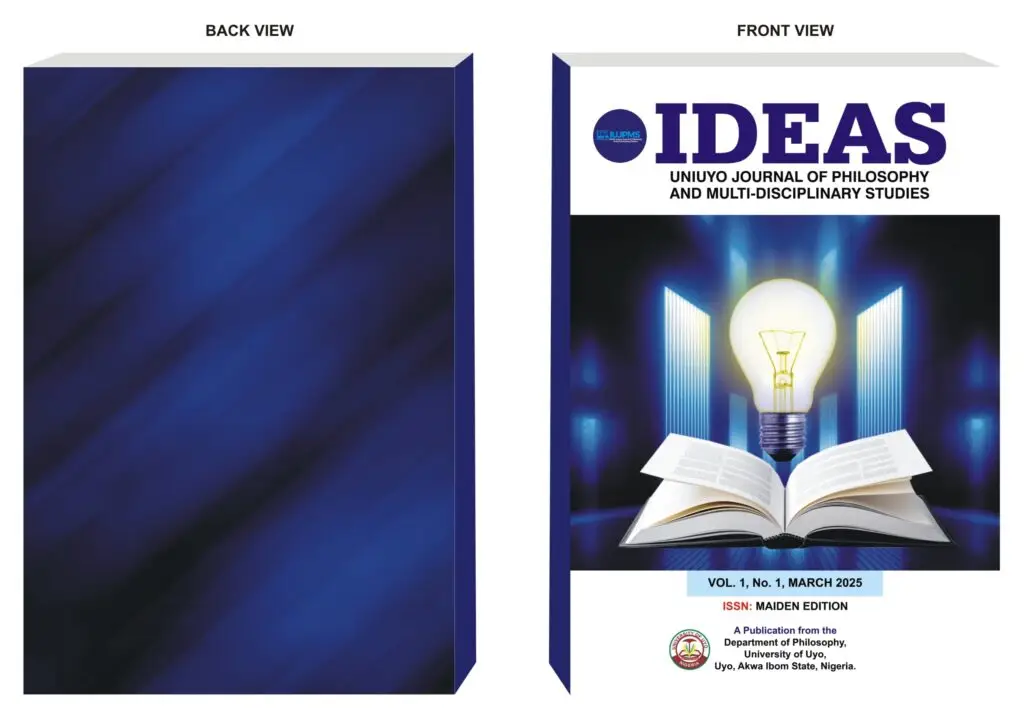This study explores the intersection of adoption practices, cultural identity, and moral philosophy by comparing the Esan Oromhe model of adoption with the Western adoption system. Through in-depth oral interviews with individuals familiar with the Esan Oromhe adoption practices, we gathered rich insights into the cultural values and traditions that shape this unique approach to adoption. Grounded in the African ontological concept of personhood and human dignity, the study evaluates both models through the lens of Kant’s Categorical Imperative. It argues that while the Western model emphasizes individualism, privacy, and legal formalism, the Esan Oromhe model prioritizes community bonds, cultural continuity, and social integration. The study highlights areas of convergence and divergence between these models, showing that the Esan Oromhe approach aligns more closely with Kantian deontology by treating the child as an end rather than a means. The study contributes to philosophical and ethical discussions on adoption, advocating for culturally sensitive adoption policies that respect communal values and individual dignity.
Written By
Andrew Abhulime
Doctoral Research Student,
Department of Philosophy, Lagos State University,
Lagos State, Nigeria
+2348062075477
gabrielabhulime@gmail.com
Benson Peter Irabor, Ph.D
University of Lagos
+2348034624353
benpet1@yahoo.com

